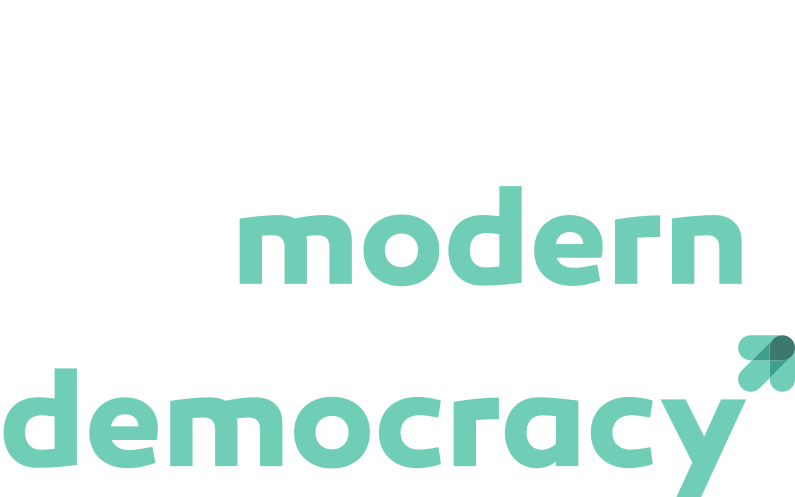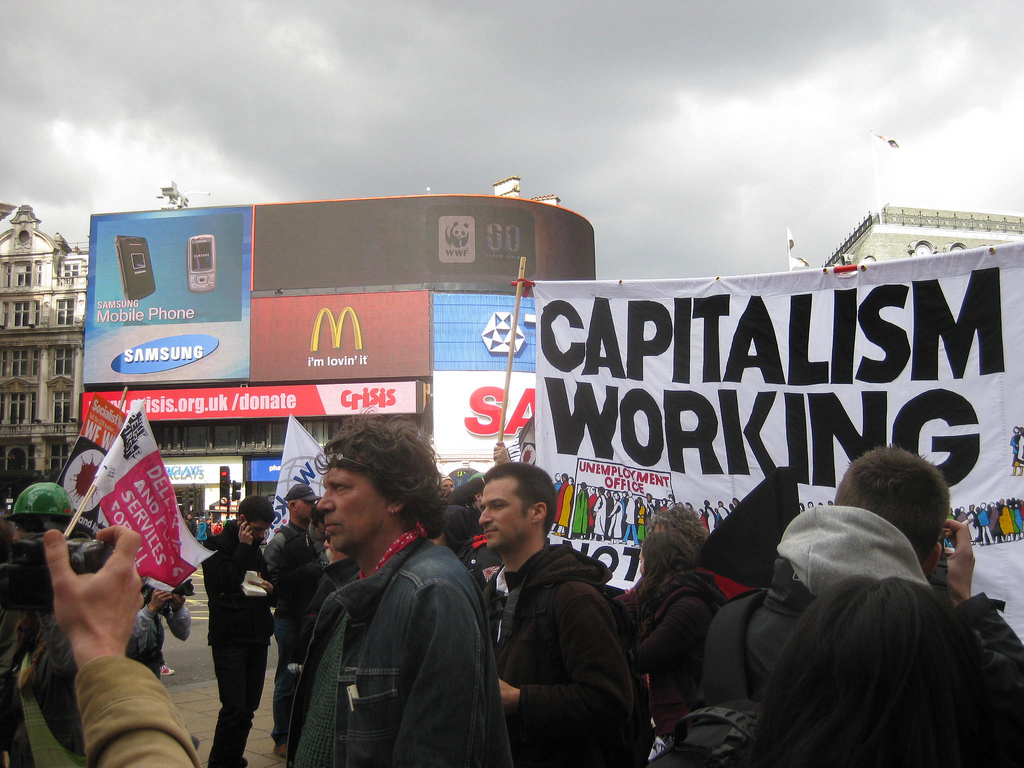A discussion with the award-winning economics writer Hamish McRae, discussing the implications of technological change, the economic rise of China and India, the difficult business of making predictions decades in advance, and the apparent plateauing of living standards in the developed world.
The Moral Limits of Markets: A Conversation with Professor Yew-Kwang Ng
Leading economist Professor Yew-Kwang Ng in conversation with research director of our Morality & Markets project, Dr Simon Kaye. Are some goods are just too problematic to be distributed by markets? Is hedonistic utilitarianism a plausible foundation for policy? What is the best approach to tackling climate change?
The state of the debate: where next for the gig economy?
For many people, the nature of employment is changing. The proliferation of technology in the modern economy is beginning to shift the dynamic between employers and those undertaking work. Flexible work is increasing to the point where the state needs to address how this fits in to the employment environment, or whether the entire framework requires an overhaul. What has the UK Government been doing in response to the changing nature of employment, and is there an optimal way forward that is beneficial for all parties?
The state of the debate: what does populism mean for the future of capitalism?
From Rust Belt America through Brexit-riven Britain to Greece, Poland and Hungary, the rise of a movement that is anti-establishment and anti-status quo is shattering previously unchallenged assumptions about democracy, capitalism and globalisation. Political parties as diverse as Syriza, Podemos, the Five Star Movement, Golden Dawn, Alternative für Deutschland, the Sweden Democrats, the Danish People’s Party, UKIP, and elements of Jeremy Corbyn’s Labour Party have all been variously described as populist, or at the very least prone to adopting populist tropes in their rhetoric. In this new blog post for the Morality & Markets project, Christopher Howarth asks what populism is and what it means for markets and capitalism.
Balancing Morality with Markets in the British Economy
The Project for Modern Democracy is embarking on a new research project, Morality & Markets. Our aim is to examine the causes of the current crisis of confidence in the ability of markets to deliver prosperity for all. We will seek to identify practical steps to restore faith that markets can operate in the interests of all society.
In this introductory blog post, Simon Kaye and Christopher Howarth identify some of the questions the project will seek to answer.





